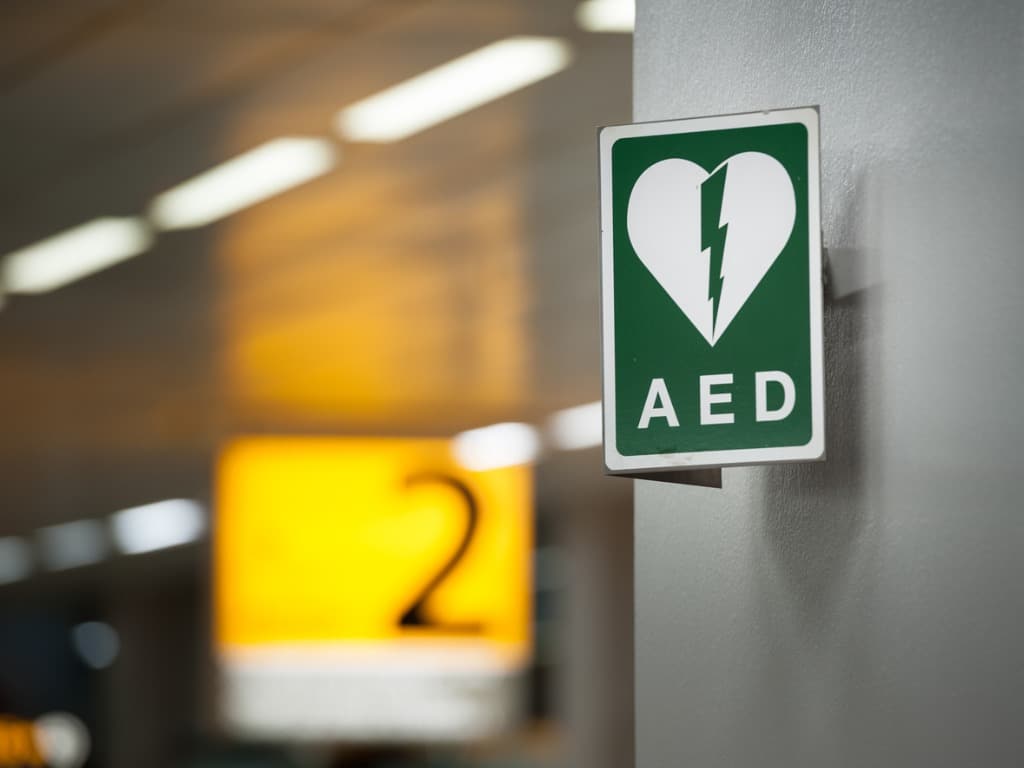St. Jude Medical Inc. (St. Jude) has agreed to pay $27 million to resolve whistleblower allegations that it knowingly sold defective heart devices, many of which were implanted into patients, according to a U.S. Department of Justice (DOJ) press release. The government alleged that between 2014 and 2016, St. Jude’s defective heart devices were sold and implanted in patients who were insured under federal medical programs, thus causing false claims to be billed to the government. The False Claims Act allows people to sue on behalf of the government when they discover that an individual or group is submitting fraudulent or misleading claims to the government for payment.
The government claimed that St. Jude knew in 2013 that there were defects in their Fortify, Fortify Assura, Quadra and Unify devices, but didn’t publicly disclose this information. These devices are automatic internal defibrillators that are implanted in patients who are at increased risk for irregular heartbeats. When the device senses an irregular beat, it sends a small shock to the heart that helps the heart return to a healthy rhythm. The government claimed that St. Jude knew about a problem with the lithium batteries in the devices that caused them to short out and die prematurely.
In 2014, St. Jude requested approval from the Food and Drug Administration (FDA) for a change to the design of the batteries that allegedly caused this issue. In the request, St. Jude claimed that “no serious injury, permanent harm or deaths have been reported associated” with this issue, when in fact, St. Jude was aware of two serious injuries and one death associated with the battery issue, according to the government. St. Jude continued to sell these potentially defective devices for two more years.
In August of 2016, St. Jude reported to the FDA that the number of battery-related incidents in patients using the devices had increased to “729, including two deaths and 29 events associated with loss of pacing.” The FDA quickly recalled the products, but as these devices are surgically implanted into patients, removing defective devices proved far more difficult. According to the government “thousands of [the devices] had been implanted into patients between Nov. 20, 2014, and Oct. 10, 2016.” St. Jude was acquired by Abbott Laboratories in 2017.
“Ensuring patient safety is our number one priority,” said Special Agent in Charge Maureen R. Dixon of the U.S. Department of Health and Human Services Office of the Inspector General (HHS-OIG). “HHS-OIG will continue to work with our law enforcement partners to investigate and hold accountable medical companies who put profits over people and ensure the integrity of the Medicare and Medicaid programs.”
Debbie Burke, a patient who had one of the recalled devices implanted, sued St. Jude under the qui tam provisions of the False Claims Act. Whistleblowers, or relators as they are legally referred to, can report fraudulent activity, and receive 15 to 30% of the recovered money as a reward for doing so. Whistleblowers often face retaliation and loss of stable income as a direct result of blowing the whistle, and this reward system can help to offset the inherent costs and risks of reporting fraud. Without the opportunity for a large, scalable reward, many whistleblowers would be financially unable to blow the whistle. The DOJ has not yet announced the amount of Burke’s reward.
